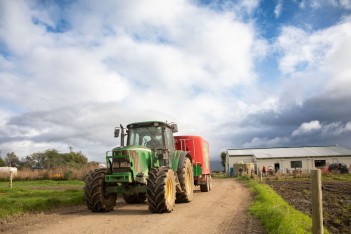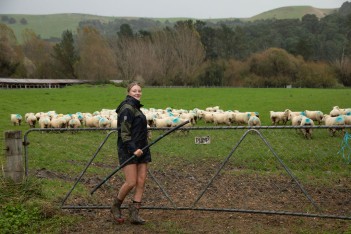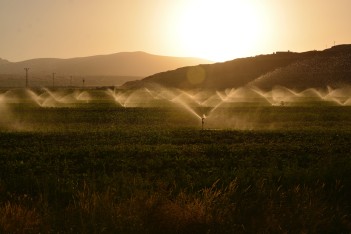2025 Investment Advice
Muka Tangata provides advice to TEC on investment in vocational education to influence funding decisions that considers industry needs, to help match skills and workforce demands with supply.
Learn moreSupport Services is an overarching name for a collection of industries that supports the outputs of the food and fibre production sector. This grouping is not an industry in its own right, and the issues for each area are individual. They are necessarily diverse and the binding feature is that they are about services provided that are required for the sector to operate. Support Services includes a wide variety of jobs from pest control to artificial insemination, and sheep dipping. These are roles which are crucial to the success of the wider food and fibre sector, with some jobs such as sheep dipping going back to 1280AD in Britain, when tar was rubbed into the fleeces of the sheep as a remedy for scab.
The Support Services group is divided into:
These industries can overlap with multiple parts of the food and fibre sector, with the most common being Nursery, Turf and Gardening; Arable; Sheep, Beef and Deer; Fruit; and Vegetables. For example, fencing is mainly a support service for land-based industries such as Nursery, Turf and Gardening; Arable; and Sheep, Beef and Deer industries but is not relevant to industries such as Seafood and Veterinary Nursing, whereas artificial insemination is a support service in livestock production such as Sheep, Beef and Deer, but is not relevant to Nursery, Turf and Gardening or Arable. These crossovers create some complexities that are unique to the Support Services industry group.
Together these sub-industries represent the largest grouping of employees across the food and fibre sector. In 2021, we counted over 64,100 people in the Support Services workforce, with 11% of the workforce being on work or work holiday visas. Many of these roles are very specific or seasonal. The seasonal nature of several sub-industries means that some areas have a transitory workforce, and in certain cases this also makes it difficult to attract and retain staff. There is an opportunity within these challenges to review and build qualifications, standards and micro-credentials that are flexible depending on the specific needs of the workforce that, where applicable, are transferrable across the industries and the wider food and fibre sector.
Find out about our work to assess the quality of programmes delivered by providers for this industry here.
Muka Tangata provides advice to TEC on investment in vocational education to influence funding decisions that considers industry needs, to help match skills and workforce demands with supply.
Learn more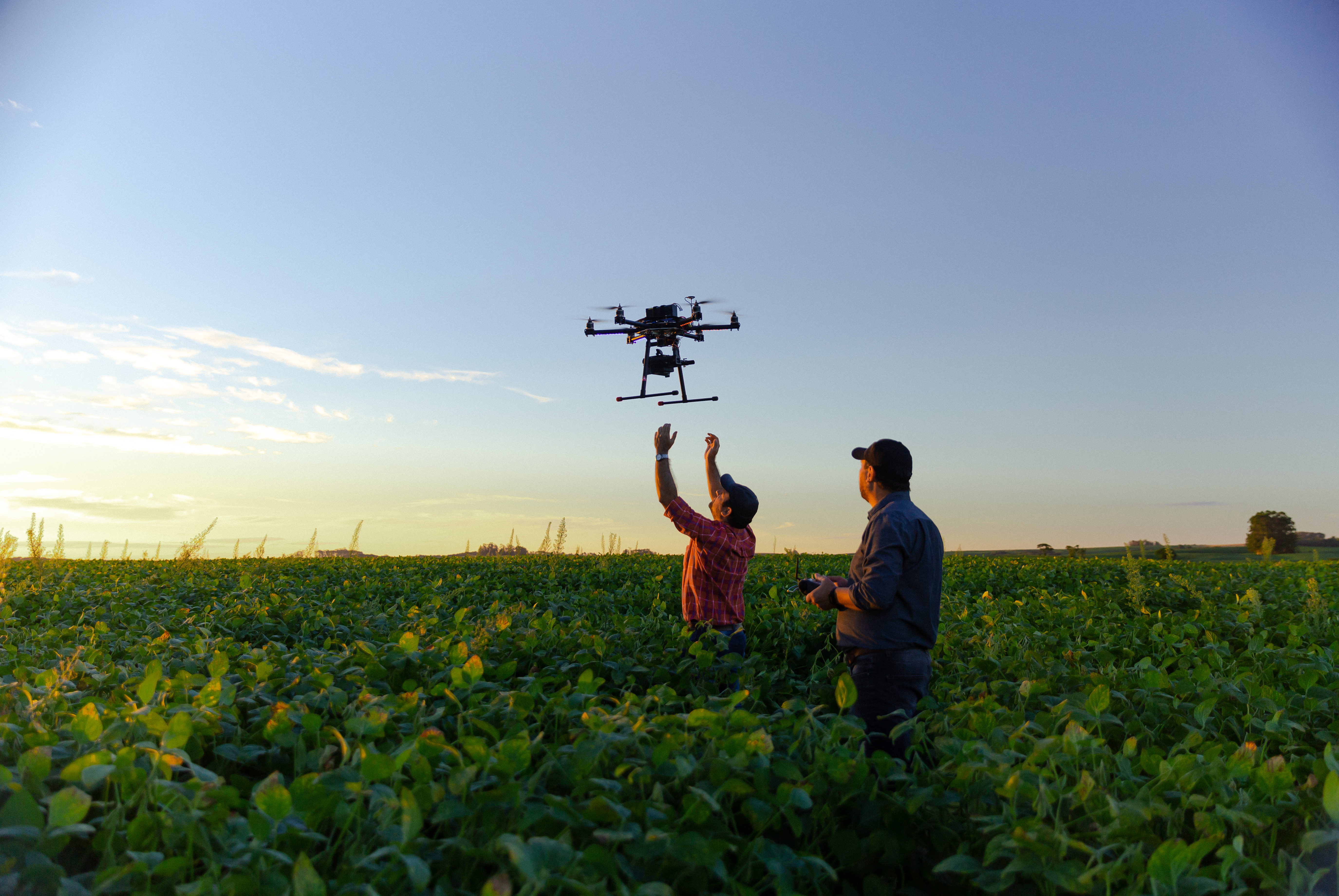
This section provides information about the workforce, industry and Vocational Education and Training (VET) provision and performance. It shows data and research focused on key aspects of Muka Tangata industry groups and learners. This section is expected to feature regular updates to the data and trends being showcased.
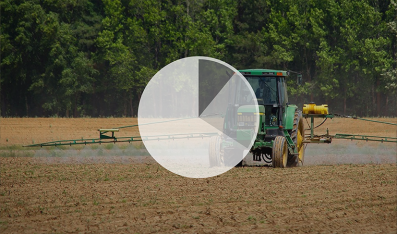
Insights for Industry about trends in economic performance indicators.
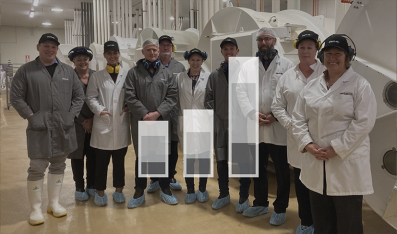
Insights on the workforce, including; size, ethnicity, age, regional distribution, and gender.
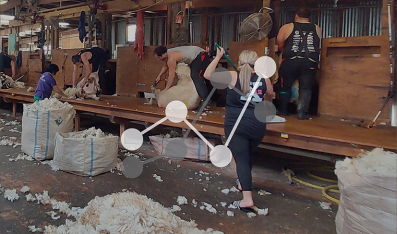
Insights about learners, including trends in enrolments and mix of provision.
We highlight the current key priorities and opportunities for each industry. These opportunities will be updated on an ongoing basis as our understanding of the industry evolves and deepens.
This is our plan to address the opportunities that arose from our engagement, research and analysis. It includes real actions that we are committed to delivering – these are both industry specific and cross-cutting actions across all industries in the food and fibre sector where common themes emerged.
It includes broader areas or dependencies where external parties will need to provide input into solutions with Muka Tangata support; for example, advocacy, engagement, collaboration, and provision of specific expertise or data. We will work in collaboration with those who will need to take the lead in this area. This section will test potential solutions that we’re working on and seek feedback and input into them.
